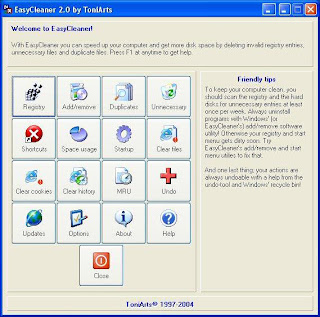Nobel economics prize

Stockholm: Two Americans and a British-Cypriot economist won the 2010 Nobel economics prize Monday for developing a theory that helps explain why many people can remain unemployed despite a large number of job vacancies.
Peter Diamond, Dale Mortensen and Christopher Pissarides were honored with the 10 million Swedish kronor (.5 million) prize for their analysis of the obstacles that prevent buyers and sellers from efficiently pairing up in markets. Diamond analyzed the foundations of so-called search markets, while Mortensen and Pissarides expanded the theory and applied it to the labor market. Since searching for jobs takes time and resources, it creates frictions in the job market, helping explain why there are both job vacancies and unemployment simultaneously, the academy said. "The laureates' models help us understand the ways in which unemployment, job vacancies and wages are affected by regulation and economic policy," the citation said. Diamond, 70, is an economist at the Massachusetts Institute of Technology, and an authority on Social Security, pensions and taxation.
President Barack Obama has nominated Diamond to become a member of the Federal Reserve. However, the Senate failed to approve his nomination before lawmakers left to campaign for the midterm congressional elections.
Diamond told a Senate committee during his nomination hearing in July that a central theme of his research has been how the economy deals with risks that affect both individuals, and the entire economy. "In all my central research areas, I have thought about and written about the risks in the economy and how markets and government can combine to make the economy function better for individuals," he said in that hearing.
Mortensen, 71, is an economics professor at Northwestern University in Evanston, Illinois. He is currently a visiting professor at the University of Aarhus in Denmark. Mortensen was informed that he had won the prize before a lecture, university spokesman Anders Correll said. Pissarides, a 62-year-old professor at the London School of Economics, said he received the news with "a mixture of surprise and happiness, general satisfaction. "This is prize is so great you don't believe that you will get it even after you've got it," he said, in a live telephone conference with the academy in Stockholm. The economics prize is not among the original awards established by Swedish industrialist Alfred Nobel in his 1895 will, but was created in 1968 by the Swedish central bank in his memory.
The economics jury was the last of the Nobel committees to announce 2010 winners. Last week, British professor Robert Edwards was awarded the Nobel Prize in medicine for his fertility research that led to the first test tube baby. Russian-born scientists Andre Geim and Konstantin Novoselov won the physics prize for groundbreaking experiments with graphene, the strongest and thinnest material known to mankind. The chemistry award went to Heck and Japanese researchers Ei-ichi Negishi and Akira Suzuki for designing techniques to bind together carbon atoms. Peruvian novelist Mario Vargas Llosa won the literature prize and the imprisoned Chinese democracy campaigner Liu Xiaobo was named the winner of the Nobel Peace Prize. The awards are always handed out on Dec. 10, the anniversary of Nobel's death in 1896.




